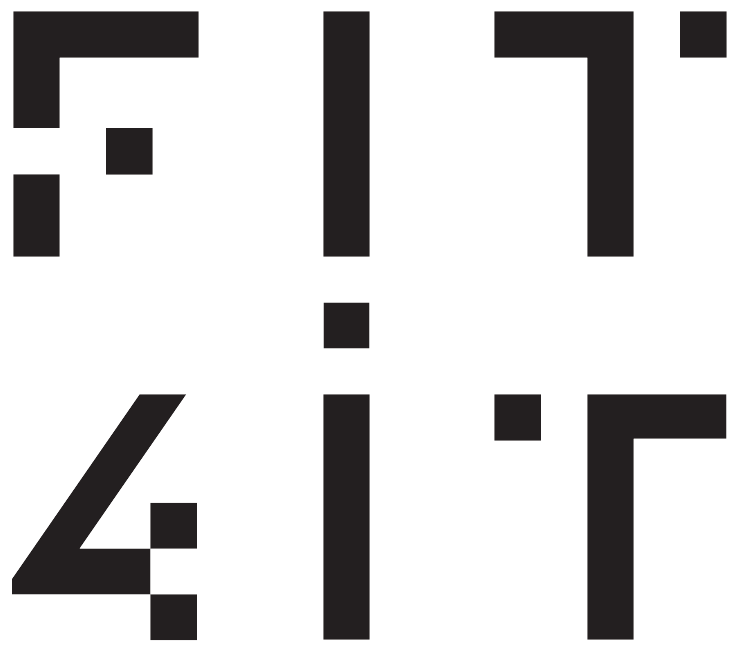Like many people out there, you might also be thinking that a strict diet and avoiding your favorite meals will get you fit. But the truth is: the best way to improve your health and fitness is actually by developing healthy nutrition habits. Yet not many pay attention to these habits.
So, the question is, what type of healthy habits can you introduce to your nutrition? Don’t worry, we’ve got you covered with a list of good habits you can adopt to have a healthy lifestyle and stay mentally and physically fit:
High Fiber Carbs
These are carbs that digest slowly and help control hunger and improve digestion. They’re also important for fat loss and long-term energy levels throughout the day. What is even better is that these foods reduce sugar levels and prevent overeating by keeping you full.

Oats have high-fiber carbohydrates.
There is another reason you should add them to your diet, and that is, they support better gut health. Consequently, they play an important role in metabolism and nutrient absorption. You may think such carbs are difficult to find in this world of processed food, but here are a few options that you can add to your diet:
- Brown rice
- Sweet potatoes
- Oats
- Whole grain bread
- Beans and Lentils
Avoid refined carbs like white bread and sugary cereals.
Lean Protein
Your body needs protein for building lean muscle, while also burning more calories at rest. It also helps in recovering after a long training session and reduces muscle breakdown. When you evenly spread it across meals, it also helps manage your hunger better.
How much protein should you have in your food? While it depends on your goals, a good target is 0.8-1.6 grams of protein per kilogram of body weight.
These are the options that we usually recommend to our clients:
- Chicken breast
- Eggs and egg whites
- Greek yogurt
- Lentils and tofu
- White fish and tuna
Rotate your protein sources weekly to avoid nutrient gaps and support a diverse amino acid intake.
Eat Vegetables Daily

Add vegetables to your diet
You should add them to your diet as they are not only filled with nutrients, but they are also low in calories. Not just that, they are also full of essential vitamins and antioxidants that your body needs. They support immune health and provide fiber that improves digestion and keeps you satisfied.
That is why we recommend aiming to fill at least 3 to 5 servings with colorful vegetables in your daily nutrition. These are a few veggie options that every fitness buff should add to their diet:
- Spinach
- Broccoli
- Bell peppers
- Carrots
- Cucumbers
Steam your veggies lightly to retain more nutrients compared to boiling or overcooking.
Healthy Fats
Many people think fats are not good for you, but that is completely wrong, as they are very important for hormone production. Fats also support joint health and brain function. One thing that we all agree on is that not all fats are created equal, and you need to be careful about where you’re getting them from.
Since omega-3 and 6 fatty acids help absorb fat-soluble vitamins (A, D, E, K), you should add them to your diet. We understand that choosing the right sources for fat is usually more difficult for people, so here are a few options you should prefer:
- Extra virgin olive oil
- Fatty fish like salmon or sardines
- Avocados
- Nuts and seeds
- Whole eggs
Balance your fat sources by including both plant-based fats and animal-based omega-3s for better nutrient absorption.
Avoid Drinking Calories & Focus On Water
Although liquid calories from soda or carbonated drinks don’t make you feel full, they certainly count. While such drinks seem refreshing, they don’t do your body any favors. Water is always the better choice, as it helps your metabolism work better and actually improves your performance when you exercise.

Drink more water
So, you should aim for 2.5 to 3 liters daily, no matter you are hitting the gym or not. Also, you can add lemon and cucumber to the water to bring some flavor to it.
Save your calories for nutrient-rich solid foods that actually satisfy hunger.
Avoid Sugar And Processed Foods
It can be surprisingly easy to overlook the impact of sugar and processed foods on your health journey. They increase your insulin levels and make your body store fat. Consequently, you feel more tired while also having more cravings. We recommend focusing on whole foods with natural sugars, like fruits. Also, keep an eye on labels for sweeteners like glucose or maltodextrin when going shopping.
You can make it your goal to make sugar content less than 10% in your daily intake.
Don’t Skip Breakfast
Most of us have rushed mornings without breakfast. Yet, it can lead to poor energy levels and reduced muscle retention, especially during a weight loss journey. Start your day with a balanced meal that includes protein and healthy fats, and you will start seeing magic.

Eat breakfast regularly
These are a few healthy breakfast types that you can introduce into your nutrition habits:
- Scrambled eggs with oats and berries.
- Greek yogurt with chia seeds and bananas.
- Whole grain toast with peanut butter and fruit.
Avoid sugary cereals, as they cause energy crashes and hunger shortly after.
Limit Salt Intake
Excess salt can lead to water retention and high blood pressure, especially if you eat processed or packaged foods. The recommended maximum is 6g of salt (about one teaspoon) daily for adults. Most people exceed this amount without realizing it due to sauces and restaurant meals.
Instead, you should choose other natural seasonings to season your meals. These add flavor without excess sodium and can improve digestion and metabolism. A few options that you should prefer are:
- Lemon juice
- Garlic
- Vinegar
Read food labels carefully, as many healthy products hide high sodium in sauces or breads.
Protein Snack After Workouts
After intense workouts, your muscles need amino acids to recover and grow stronger. Similarly, as the reports suggest, consuming 20–30 grams of protein within 60 minutes of exercise can boost muscle repair and reduce soreness.
Additionally, you can pair protein with some carbs like fruit or oats to replenish glycogen stores and improve recovery speed. This habit ensures you maximize results from every session and keep building muscle over time. Here are a few snacks you can store to have after your workouts:

Nuts are a great protein-rich snack
- Protein shakes
- Boiled eggs with fruit
- cottage cheese and nuts
Make your snacks in advance to avoid missing your recovery window after workouts.
Plan Your Meals And Track Macros
While there may be a lot of information available, it is best to take advice from a professional nutritionist and follow a customized meal plan to achieve your goals quickly. It helps you avoid random unhealthy food choices and stick to your nutrition plan to meet your daily caloric requirements and macros.
To track your macros and caloric intake, you can use customized charts or even download various applications from the Play Store. If you don’t have a personal nutritionist, you can simply use any AI platform to get a basic protein-rich diet that is customized to your body.
Review your food logs weekly to identify weak areas, like low fiber or inconsistent protein intake.
Improving the diet with healthy nutrition habits starts with consistency and commitment to making smarter choices for overall well-being. As explained, the key is adopting small and consistent habits that align with your fitness goals. Do add these habits to your everyday diet program and see the changes yourself!
Was this helpful?
Good job! Please give your positive feedback
How could we improve this post? Please Help us.







No Comments